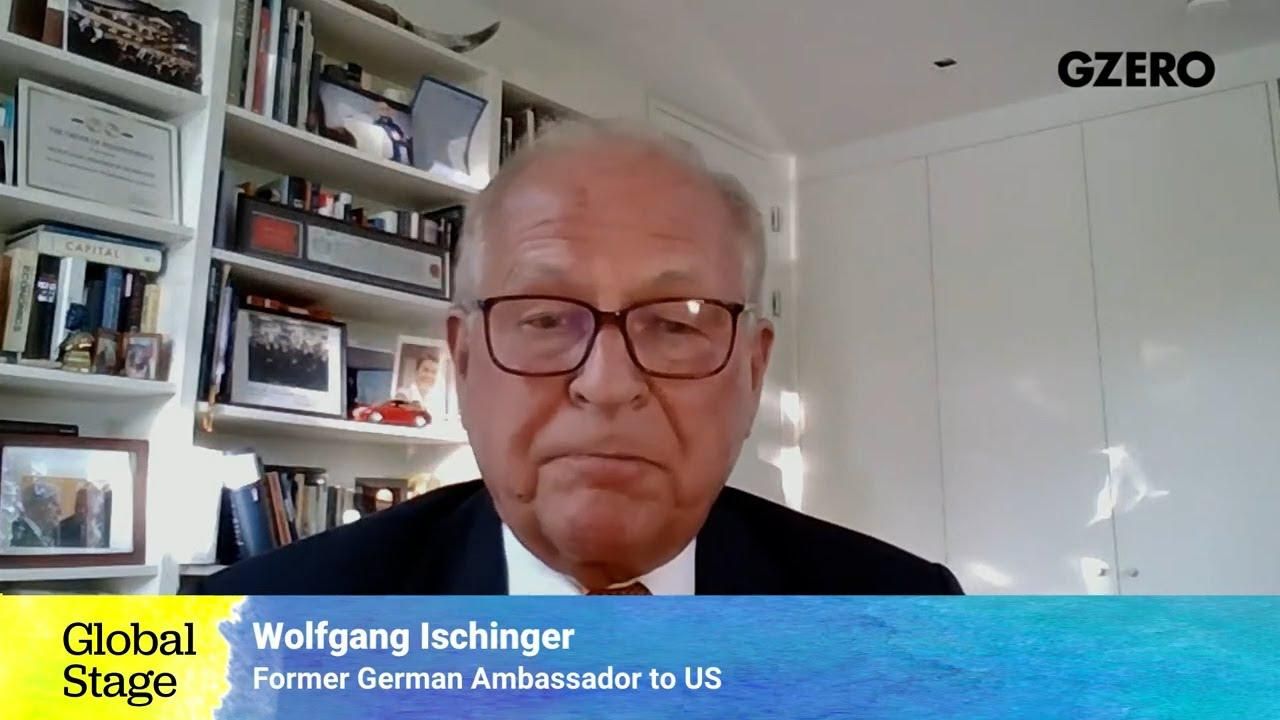Posts
Wolfgang Ischinger: "Europeans don't even trust their own governments"

Wolfgang Ischinger: "Europeans Don't Even Trust Their Own Governments" | Global Stage | GZERO Media

Ischinger spoke during a live conversation with Ian Bremmer and other experts for GZERO Media that was also sponsored by Microsoft, about the role of the government and companies in cyber-security.
"Beyond SolarWinds: Securing Cyberspace," a Global Stage live conversation on cyber challenges facing governments, companies, and citizens, was recorded on May 18, and was held in collaboration with the Munich Security Conference as part of their "Road to Munich" series. Sign up for alerts about more upcoming GZERO events.
Who decides how much control a country should have over its technology? Speaking at the 2026 World Economic Forum in Davos, former UK Prime Minister Rishi Sunak discussed the balance between national sovereignty and global interdependence.
Think you know what's going on around the world? Here's your chance to prove it.
AI is advancing quickly, but access and control remain deeply uneven. As artificial intelligence becomes foundational to economies and governments, the question is no longer just who has the best technology, but who controls the systems that power it. In this GZERO Media Global Stage interview from the 2026 World Economic Forum in Davos, Tony Maciulis speaks with Talal Al Kaissi, Group Chief Global Affairs Officer at G42, about why AI has intensified debates around digital sovereignty, and what it will take to close the global AI divide.